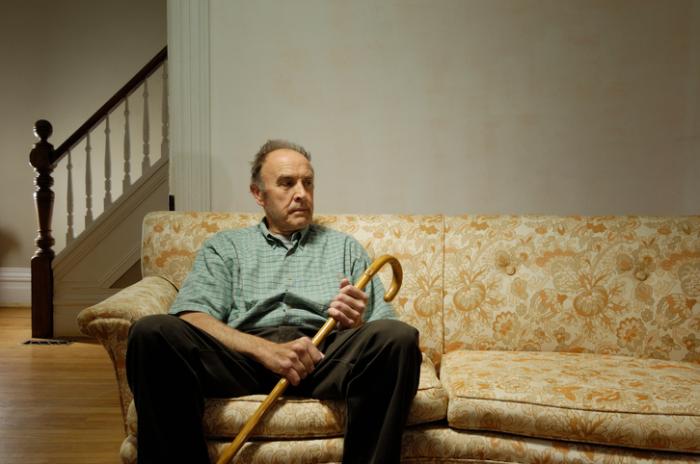


We should definitely intervene earlier, before patients refuse any help, and when the syndrome is supposedly milder, to improve our clinical knowledge, follow patients prospectively, experiment hypothesis in laboratory settings, and launch randomized controlled trials for treatments.
#DIOGENES DISORDER FULL#
From a neurocognitive standpoint, frontal vulnerability certainly disrupts normal decision-making processes, explaining squalor, pathological hoarding, and lack of insight but we need to better understand the connection between the main symptoms and the neural underpinning of the full syndrome. Síndrome de Diógenes como síntoma de ineficacia en las habilidades de afrontamiento que la persona posee, a partir de trastornos de personalidad no tratados o en estado latente, que se desencadenan por un estresor vital (Greve, Curtis, Bianchini y Collins, 2004). Discussion: The literature reveals high comorbidity of Diogenes syndrome with psychiatric and somatic disorders. Known for more than 40 years mainly by geriatricians, psychiatrists, nurses or social workers and more recently by forensic specialists, the fine grained mechanisms of the syndrome are still incompletely understood. Diogenes ( / dadniz / dy-OJ-in-eez Ancient Greek:, romanized : Diogns di.ons ), also known as Diogenes the Cynic (, Diogns ho Kyniks) or Diogenes of Sinope, was a Greek philosopher and one of the founders of Cynicism. In particular, the first one is associated with Attention deficit and hyperactivity disorders and some authors also described the links between ADHD, bipolar disorder and frontotemporal dementia which is one of the aetiologies of the Diogenes syndrome. DS is a clinically complex transnosographic syndrome for which multidimensional approaches need to be considered: medical, psychiatric, neurological, social, scientific, and ethical. Finally, we discuss the comorbidity of Hoarding disorder and Diogenes syndrome. Background: Diogenes syndrome is a behavioural disorder characterized by domestic squalor, extreme self-neglect, hoarding, and lack of shame regarding ones. DS can be secondary when associated to psychosis or bipolar disorder, or primary when it occurs as a single entity, usually in the elderly. Although a syndrome characterised by self-neglect, domestic squalor, hoarding behaviour, and social withdrawal with refusal of external help had been previously. Diogenes syndrome (DS) is not a specific disease but a real neurobehavioral syndrome, characterized by severe domestic squalor, pathological hoarding, lack of insight into the condition, and no need for help.


 0 kommentar(er)
0 kommentar(er)
